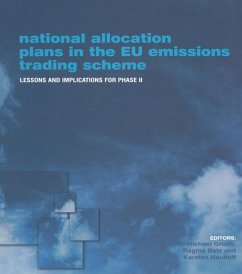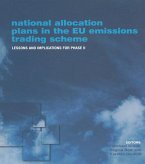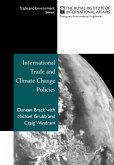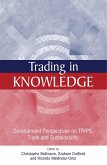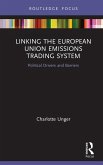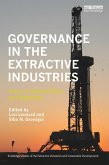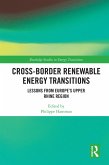The volume presents some of the key analyses that helped inform the European Commission's decisions on national allocation plans, with research ranging from detailed country-by-country comparisons to more generic analysis that puts forward the case for harmonization. Challenging calls to seperate electricity from other sectors, a macroeconomic study suggests that the biggest efficiency gains come from inter-sectoral trading, even more than international trading. Empirical papers, which look at the expected scarcity of allowances in the market and merge models for the power and non-power sectors to project emissions and contrast these to the aggregate allocation volume, are complemented by two numerical simulations of trade and distributional effects, estimating the efficiency gains of the EU ETS in phase I and assessing allocation and distribution effects in the RGGI context.
Dieser Download kann aus rechtlichen Gründen nur mit Rechnungsadresse in A, B, BG, CY, CZ, D, DK, EW, E, FIN, F, GR, HR, H, IRL, I, LT, L, LR, M, NL, PL, P, R, S, SLO, SK ausgeliefert werden.

